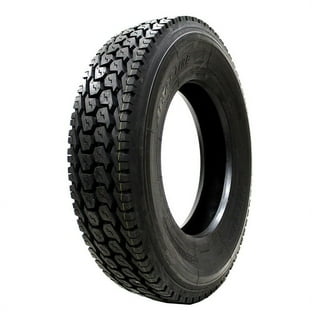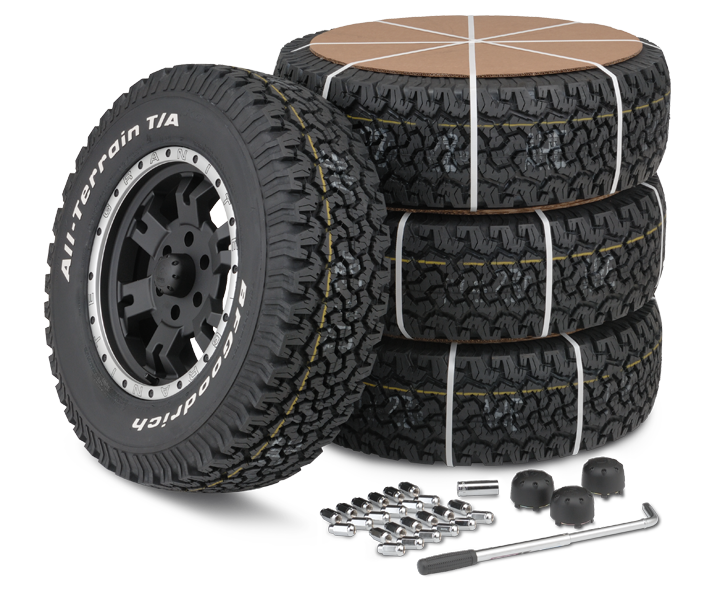Discover Top-Quality Tires Morris IL: Pick the very best for Your Automobile
Discover Top-Quality Tires Morris IL: Pick the very best for Your Automobile
Blog Article
Tire Service: Understanding Tire Pressure Monitoring Equipments
Recognizing Tire Stress Surveillance Equipments (TPMS) is a vital aspect of maintaining optimal car performance and safety and security on the road. With developments in automobile innovation, TPMS has ended up being a standard attribute in contemporary automobiles, offering real-time information on tire stress degrees.

Value of TPMS
The value of Tire Stress Monitoring Equipments (TPMS) depends on their capacity to improve car safety and efficiency via real-time monitoring of tire pressure levels. Maintaining the appropriate tire pressure is critical for guaranteeing optimum handling, stopping, and overall safety of a lorry. TPMS provides drivers with immediate feedback on any type of overinflated or underinflated tires, permitting timely adjustments to be made.
Elements of TPMS
Comprising various vital components, a Tire Pressure Monitoring System (TPMS) works as an innovative security attribute in contemporary lorries. The main elements of a TPMS consist of sensors, a control module, and a warning sign. Sensing units are typically situated in the tire shutoff stem or affixed to the wheel setting up, where they measure tire pressure and transmit information to the control component. If it detects substantially reduced pressure in any of the tires, the control component procedures this information and triggers a caution. The warning indication, frequently a symbol on the dashboard, signals the chauffeur to inspect the afflicted tire or tires. Some advanced TPMS models also display the actual tire pressure analyses for each and every tire, providing drivers with real-time information to guarantee optimal tire performance and safety and security. By keeping track of tire pressure continually, TPMS aids protect against crashes, minimizes tire wear, and enhances fuel performance, making it a vital component for vehicle safety and security and efficiency.
Kinds of TPMS

On the various other hand, indirect TPMS counts on the vehicle's wheel rate sensing units to keep track of tire stress. This system spots underinflation by contrasting the rotational rates of the wheels. Indirect TPMS is less expensive than direct TPMS, as it makes use of existing sensing units within the lorry.
While straight TPMS supplies much more accurate readings, indirect TPMS is simpler in design and normally calls for less upkeep. Both systems have their limitations and benefits, and the selection in between them frequently relies on aspects such as cost, automobile make, and personal preference. Understanding the differences in between these two kinds of TPMS can aid car proprietors make informed choices regarding tire upkeep and safety and security.
TPMS Upkeep Tips
Reliable maintenance of TPMS is vital for ensuring ideal performance and security of your vehicle. On a regular basis examining the TPMS sensors for any kind of damages or deterioration is vital. Guarantee that the sensors are free and tidy from debris that could hinder their performance. In addition, it is recommended to check the sensing unit batteries regularly and change them as needed to guarantee exact analyses. Conduct routine checks on the tire pressure degrees and compare them with the TPMS analyses to ensure useful reference they correspond. If there are any disparities, alter the system following the supplier's guidelines. resource During tire turning or replacement, make sure that the TPMS parts are managed thoroughly to protect against any type of possible damage. Last but not least, if the TPMS cautioning light brightens on the dashboard, attend to the issue without delay by inspecting the tire stress and the general system for any kind of faults. By sticking to these maintenance pointers, you can prolong the life expectancy of your TPMS and enhance the security of your driving experience.
Benefits of Appropriate Tire Stress
Maintaining proper tire pressure, as emphasized in TPMS Upkeep Tips, is critical for reaping the numerous benefits connected with optimum tire stress degrees. One of the primary benefits of keeping the right tire stress is improved gas performance. When tires are effectively blown up, there is much less rolling resistance, causing much better fuel economic climate. Furthermore, appropriate tire pressure guarantees even tire wear, extending the lifespan of the tires and advertising much safer driving conditions. With the ideal tire stress, cars also have far better handling and grip, particularly in unfavorable weather. This can improve overall driving efficiency and safety and security for the vehicle driver and passengers. Moreover, maintaining ideal tire pressure can add to a smoother and a lot more comfortable trip by decreasing resonances and noise brought on by underinflated tires. Finally, the benefits of appropriate tire pressure surpass just tire durability; they include enhanced gas effectiveness, improved security, far better automobile performance, and overall driving convenience.
Verdict
To conclude, understanding tire pressure tracking systems (TPMS) is essential for keeping ideal tire stress and guaranteeing automobile safety and security. By recognizing the significance of TPMS, being familiar with its elements, recognizing the various types offered, adhering to appropriate maintenance suggestions, and recognizing the try here advantages of preserving appropriate tire stress, vehicle drivers can enhance their driving experience and extend the life expectancy of their tires. Appropriate tire pressure is essential to efficient and safe vehicle operation.

Report this page